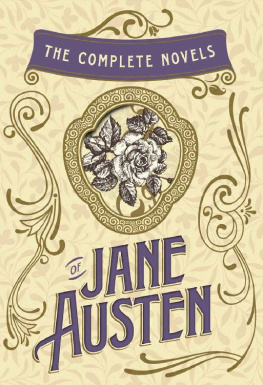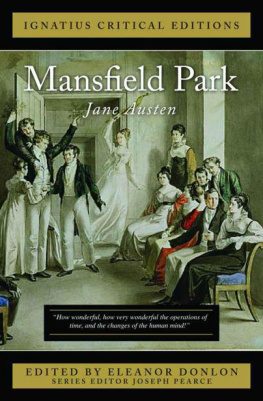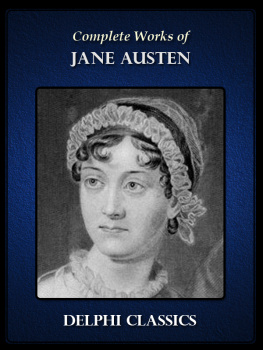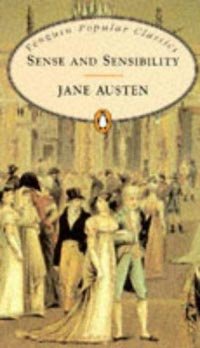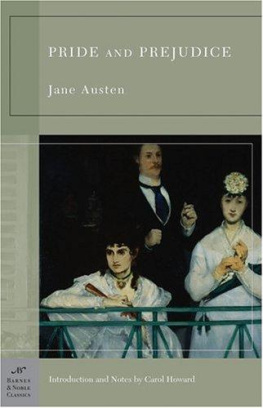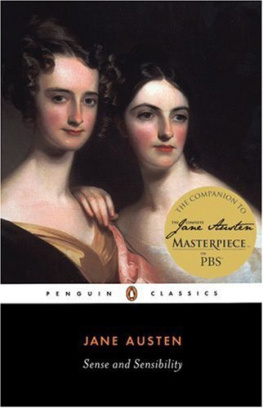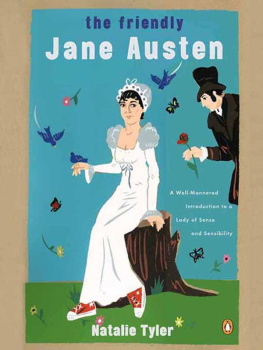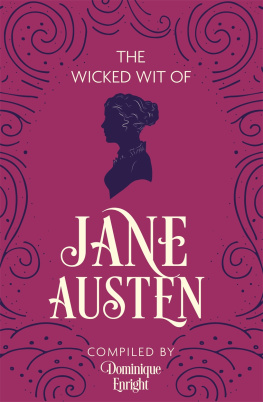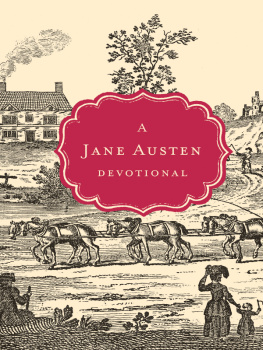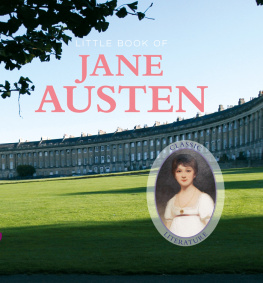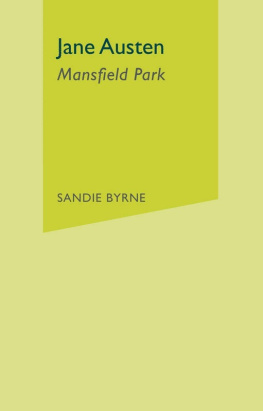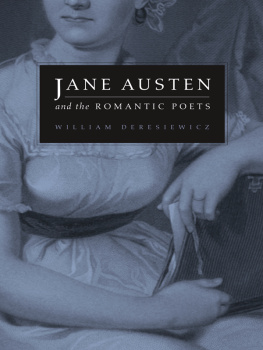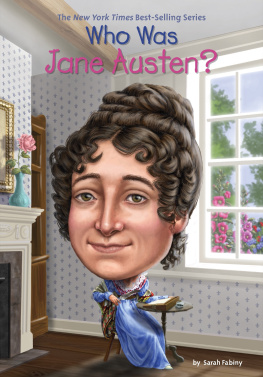CONTENTS



2012 Heirloom Collection Edition
First published in 1815
About the Author copyright Julie Danielson 2012
Illustrations copyright Jacqui Oakley 2012
Designed by the BookDesigners
ISBN-13: 1612184146
ISBN-10: 9781612184142
Library of Congress Cataloging-in-Publication Data
available upon request.
All rights reserved.
Also available in the Heirloom Collection:
The Complete Sherlock Holmes
The Adventures Collection
The Enchanted Collection
No part of this book may be reproduced, or stored in a retrieval system, or transmitted in any form or by any means, electronic, mechanical, photocopying, recording, or otherwise, without express written permission of the publisher.
Published by Montlake Romance
P.O. Box 400818
Las Vegas, NV 89140
CONTENTS
ABOUT THE AUTHOR
E NGLISH NOVELIST JANE Austen came from a close, loving family and lived a quiet life. Not much biographical information about Austen exists, and much of it comes from letters written to her beloved and only sister, Cassandra, as well as accounts from family members after Austens death.
Austen was born on December 16, 1775, as the seventh of eight children to Reverend George and Cassandra Austen. Growing up in the English village of Steventon, she was primarily educated at home, surrounded by the books in her fathers library, though she also attended a boarding school in Reading. With her parents encouragement, Jane began composing stories in her teens and by her twenties she had completed the first drafts of what were to become Northanger Abbey, Sense and Sensibility, and Pride and Prejudice.
Through her brother Edward, who was adopted by a wealthy, childless relative, Austen was exposed to the aristocratic life of the landed gentry. Her incisive observations of such privileged classes and the resulting social commentary are two of the many elements of her romantic fiction that still resonate today. Upon her fathers retirement, the family moved to Bath, and after her father died in 1805, she, her mother, and her sister relocated to a small house in the village of Chawton, courtesy of Edward. It was there in Chawton that Austen worked in relative solitude on her first novel, Sense and Sensibility, published anonymously (by A Lady) in 1811. Austen went on to publish six completed, full-length novels, still widely read, including Mansfield Park and Emma.
In July 1817, she died at the age of forty-one and was buried in Winchester Cathedral, accompanied by an epitaph that doesnt identify her as an author. Both Northanger Abbey and Persuasion were published posthumously, and her epistolary novella, Lady Susan, didnt see publication until 1871.
E MMA WOODHOUSE, HANDSOME, clever, and rich, with a comfortable home and happy disposition, seemed to unite some of the best blessings of existence; and had lived nearly twenty-one years in the world with very little to distress or vex her.
She was the youngest of the two daughters of a most affectionate, indulgent father, and had, in consequence of her sisters marriage, been mistress of his house from a very early period. Her mother had died too long ago for her to have more than an indistinct remembrance of her caresses, and her place had been supplied by an excellent woman as governess, who had fallen little short of a mother in affection.
Sixteen years had Miss Taylor been in Mr. Woodhouses family, less as a governess than a friend, very fond of both daughters, but particularly of Emma. Between them it was more the intimacy of sisters. Even before Miss Taylor had ceased to hold the nominal office of governess, the mildness of her temper had hardly allowed her to impose any restraint; and the shadow of authority being now long passed away, they had been living together as friend and friend very mutually attached, and Emma doing just what she liked; highly esteeming Miss Taylors judgment, but directed chiefly by her own.
The real evils indeed of Emmas situation were the power of having rather too much her own way, and a disposition to think a little too well of herself; these were the disadvantages which threatened alloy to her many enjoyments. The danger, however, was at present so unperceived, that they did not by any means rank as misfortunes with her.
Sorrow camea gentle sorrowbut not at all in the shape of any disagreeable consciousness.Miss Taylor married. It was Miss Taylors loss which first brought grief. It was on the wedding-day of this beloved friend that Emma first sat in mournful thought of any continuance. The wedding over and the bride-people gone, her father and herself were left to dine together, with no prospect of a third to cheer a long evening. Her father composed himself to sleep after dinner, as usual, and she had then only to sit and think of what she had lost.
The event had every promise of happiness for her friend. Mr. Weston was a man of unexceptionable character, easy fortune, suitable age and pleasant manners; and there was some satisfaction in considering with what self-denying, generous friendship she had always wished and promoted the match; but it was a black mornings work for her. The want of Miss Taylor would be felt every hour of every day. She recalled her past kindnessthe kindness, the affection of sixteen yearshow she had taught and how she had played with her from five years oldhow she had devoted all her powers to attach and amuse her in healthand how nursed her through the various illnesses of childhood. A large debt of gratitude was owing here; but the intercourse of the last seven years, the equal footing and perfect unreserve which had soon followed Isabellas marriage on their being left to each other, was yet a dearer, tenderer recollection. It had been a friend and companion such as few possessed, intelligent, well-informed, useful, gentle, knowing all the ways of the family, interested in all its concerns, and peculiarly interested in herself, in every pleasure, every scheme of hers;one to whom she could speak every thought as it arose, and who had such an affection for her as could never find fault.
How was she to bear the change?It was true that her friend was going only half a mile from them; but Emma was aware that great must be the difference between a Mrs. Weston only half a mile from them, and a Miss Taylor in the house; and with all her advantages, natural and domestic, she was now in great danger of suffering from intellectual solitude. She dearly loved her father, but he was no companion for her. He could not meet her in conversation, rational or playful.
The evil of the actual disparity in their ages (and Mr. Woodhouse had not married early) was much increased by his constitution and habits; for having been a valetudinarian all his life, without activity of mind or body, he was a much older man in ways than in years; and though everywhere beloved for the friendliness of his heart and his amiable temper, his talents could not have recommended him at any time.

